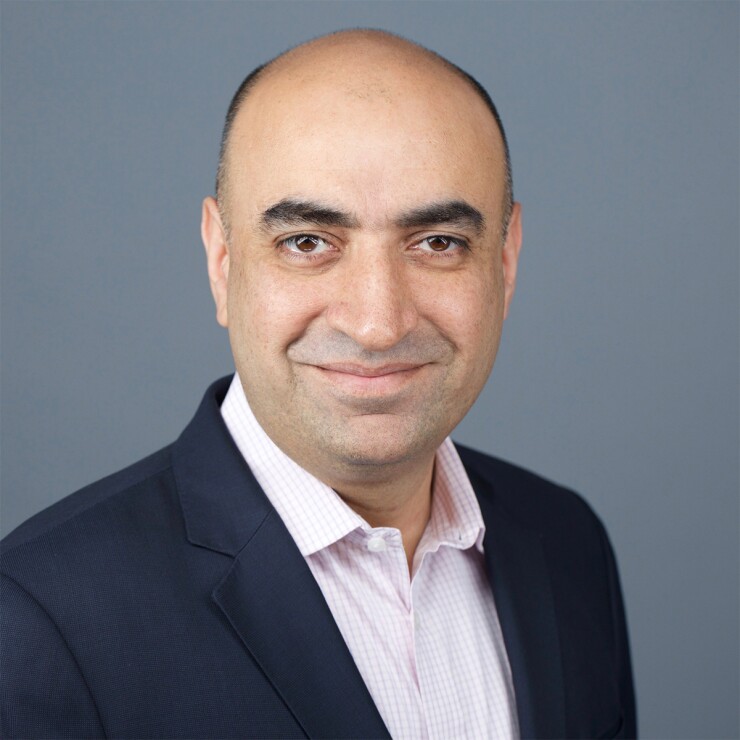JPMorgan Chase has partnered with Microsoft in an effort to encourage more companies to use Quorum, the Ethereum-based blockchain the bank built five years ago.
Quorum will become the first distributed ledger platform available through Microsoft’s Azure Blockchain Service, a managed service for forming, managing and governing consortium blockchain networks.
“Use of the platform has increased quite significantly over the last few years, even outside of financial services, and we realized that there's certain expertise outside of JPMorgan that we should connect with,” Umar Farooq, global head of blockchain at JPMorgan, said in an interview Friday. “That's how Microsoft came into the picture. They are leaders in the blockchain space and through their Azure stack, they offer a lot of blockchain services.”
For example, Microsoft offers help in setting up and monitoring blockchain nodes and providing analytics for them.

JPMorgan developed Quorum as open source code and published it on GitHub. Anyone can use it, and the bank often doesn’t know what others are doing with it. But the bank is still hands on with this blockchain technology, according to Farooq.
“We have been constantly updating and improving it as time goes by,” he said.
“How someone uses Quorum to create an application is up to them, but we are constantly in touch with the community," Farooq said. "If someone uses Quorum they may come back to us and tell us of two or three capabilities that they'd like to have built. Those could be built by the broader community and contributed back to the code. Or in some cases we will go in ourselves and contribute the code. It's sort of a living, breathing open source project.”
The bank devotes its developers’ time to upgrading Quorum in the hopes of getting more companies to use it.
“When you have an open source platform that we and others are building on, the bigger the network, the more beneficial it is for everyone in the network,” Farooq said. “If we are building an application for capital markets and some other bank builds an application for some part of the capital markets life cycle, the fact that the two applications are built on the same platform makes them more interoperable and requires them to use the same data standards, which means that over time our ability to work with a market goes up.”
When a network effect develops, the quality of the software improves, Farooq said.
“While the return is not as simplistic as, we've spent x and we got y, in reality the return is quite tangible in terms of what advantages are to be gained from using your software like that, especially if others are adopting it too,” he said.
Projects running on Quorum include the bank’s Interbank Information Network, which lets more than 220 banking members quickly address payments that contain errors or get held up for compliance reasons.
JPM Coin, the stablecoin tied to the U.S. dollar that the bank is developing to enable cross-border payments over a blockchain, is also being built on Quorum. The bank is currently going through internal compliance, legal and regulatory checks on the project.
JPMorgan has other projects going on that it is not ready to make public.
“We are quite aggressively pursuing blockchain technology,” Farooq said. “Though it's hard to predict timing, we believe it's quite transformational for many parts of our business.”
Other entities using Quorum include the Monetary Authority of Singapore, whose Project Ubin is testing the use of distributed ledger technology for clearing and settlement of payments and securities.





